Photograph; Nikki Hudson, left, the academic coordinator at Lida Hooe Elementary School in Dallas, compares notes with Principal Linda Saenz during a principal-evaluation session. | Mark Graham for Education Week
By Hannah Madans, Deputy Editor | Originally Published at Neon Tommy. Annenberg Digital New. October 2, 2013 | 12:03 p.m. PDT
A recent poll shows that the majority of Americans now oppose using test scores to evaluate teachers. The American Policy Makers Gallup poll also found that most people think increased testing has hurt public schools.
That’s a sea change from the era of No Child Left Behind and high-stakes testing of the past decade. And is even a shift from last year, when in the same poll 52 percent of Americans supported the use of test scores to evaluate teachers.
Frederick Freking, an associate professor at USC said this change is not surprising. He attributed it largely to a greater understanding of why solely using test scores to evaluate teachers can be misleading. ”Just because they’re (teachers) good at one thing doesn’t mean their good all around,” Freking said.
The poll, conducted annually, found that fewer than 25 percent of Americans believe that testing has helped public schools and many do not understand or have never even heard of the Common Core State Standards. The poll also found that 58 percent of Americans oppose using test scores to evaluate teachers.
Related Read; Poll: Rising Confidence in U.S. Public School Teachers
Many parents have also found that teachers they and their children like do not always do well under this method of evaluation and sometimes teachers they dislike do very well.
“The 2013 PDK/Gallup poll indicates that the majority of people agree that public schools should teach students a full range of social, emotional, and cognitive competencies, including how to set meaningful goals, communication skills, how to collaborate on projects and character,” said Roger Weissberg, president and CEO of Collaborative for Academic, Social and Emotional Learning, in a briefing on the poll’s findings. “This aligns with the views of many researchers and teachers.”
Some argue that schools also need to teach students how to act outside the home. This is not a testable skill and in stressing test scores above all else, some of these skills are lost.
Educators have long argued that test scores cannot be the only measure of a teacher’s ability. This poll indicates that experts and parents are now starting to agree.
“It should be one measure, tests are important but it should not be solely how teachers are assessed,” Freking said.
He, and many others, are arguing that teachers need to also be observed and evaluated by qualified individuals. This would help people to understand the teacher’s ability to teach to the students and not just teach to the test.
Freking said that evaluations could also be beneficial in allowing administrators to see how they can help teachers improve. If less money was spent on tests, he argued, more could be spent on the teachers and helping them become the best educators they can be.
“We are heading in the wrong direction by focusing on the results of testing,” said Mollie Miller, president of the Future Educators Association, in a briefing on the poll’s findings. “Most important, what happens when testing is over? Will students be able to apply this knowledge to real-life situations?”
Furthermore, Freking said that standardized test do not test a student’s knowledge of science. So, some educators’ whose students do well on these tests are not taught science, which many argue is important for kids to learn to keep America from falling behind other countries.
Despite opposition from teachers, some experts and now the majority of the American public, the Obama Administration and many school districts are continuing to advocate the use of student test scores to evaluate teachers and make decisions regarding pay, failing campuses and larger decisions.
A different poll released around the same time by the Associated Press and the NORC Center for Public Affairs Research, though, found that most thought standardized tests were a good measure of a school’s educational quality and should be used in teacher evaluations.
Both the PDK/Gallup and the AP-NORC poll were based on phone interview with a little more than 1,000 people. They both had similar margins of error.
Reach Deputy Editor Hannah Madans here.
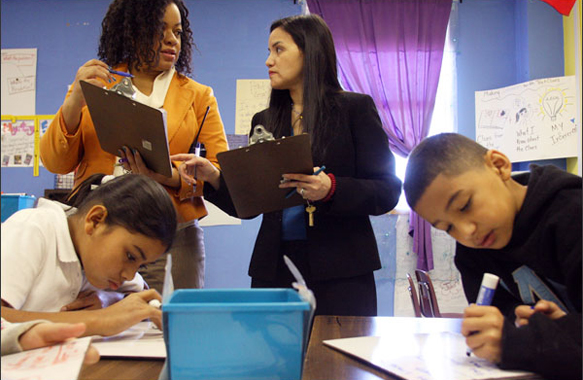
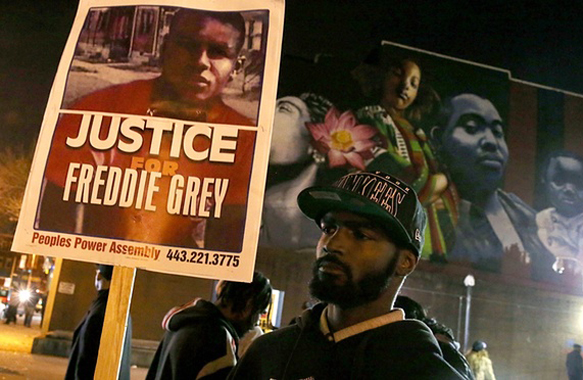
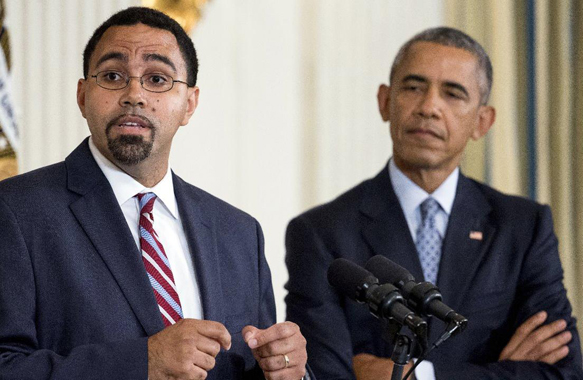
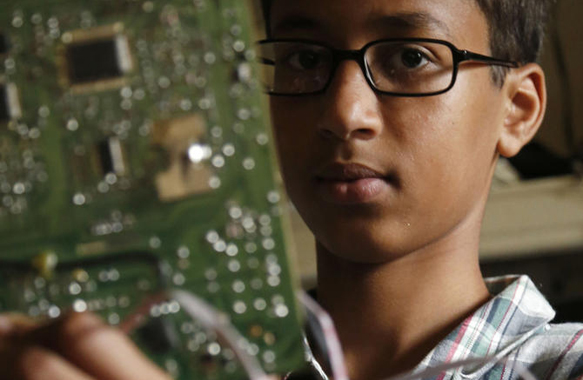
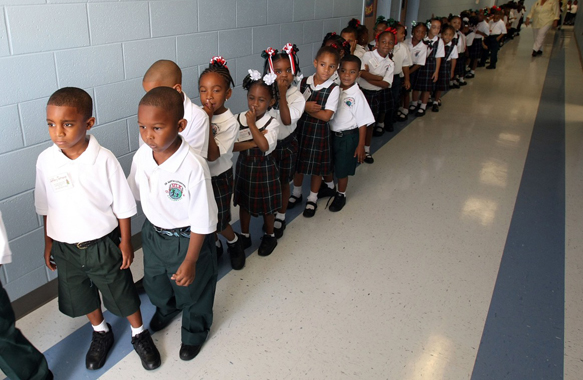
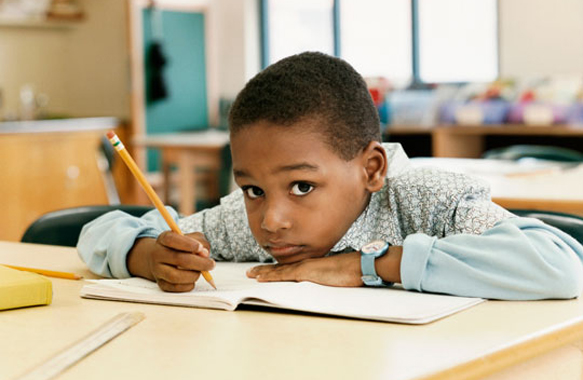






Leave A Comment